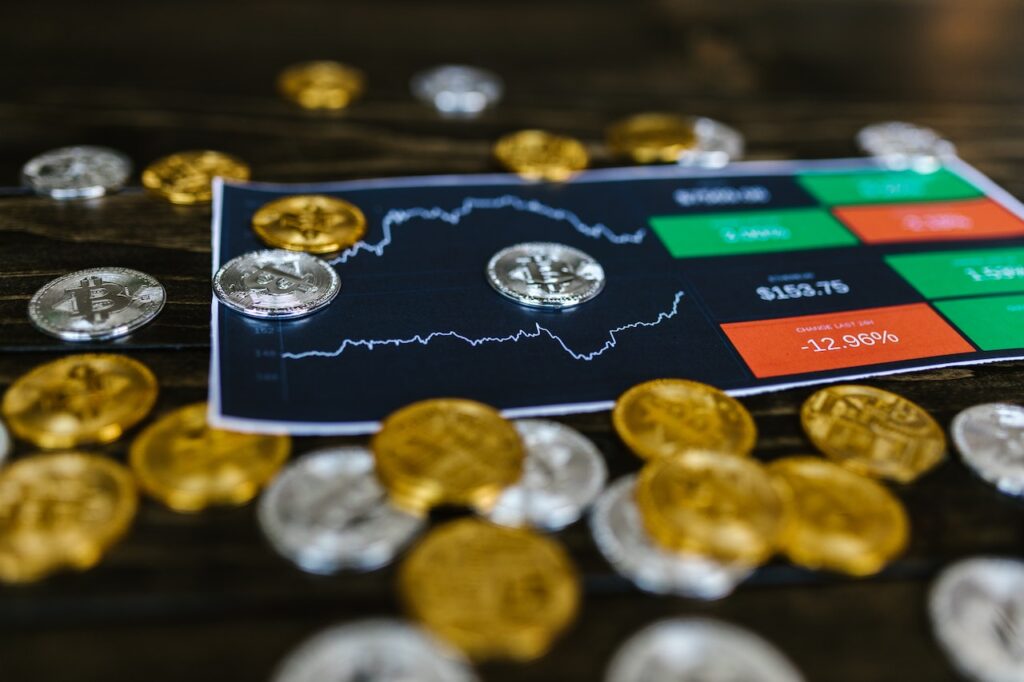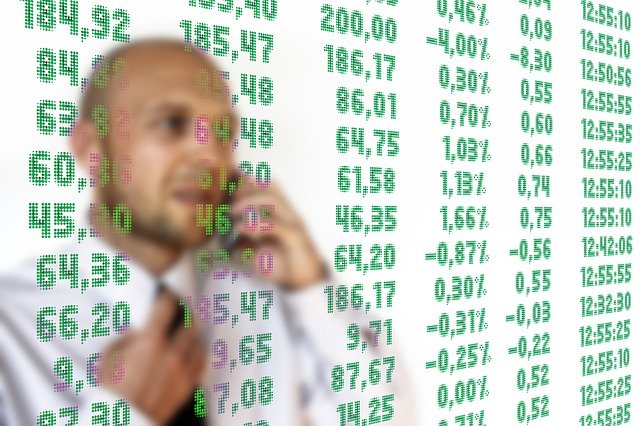Forex trading scams are common, but there are ways to avoid them. First, it is important to understand how to spot a scam broker. Here are some signs that a forex trading broker is a scam: The trading style is not appropriate for beginners and it’s unlikely that it will generate long-term profits.
Prevalence of forex trading scams
While forex trading is highly profitable, it’s also highly susceptible to forex trading scams. The reason for this is that the spot forex market is not regulated and can be traded instantly over the counter. Forex scams typically entice people with the promise of quick fortunes in a short period of time. Although many of these schemes have been eliminated due to self-regulation by the NFA and CFTC, the risk of being scammed remains.
To stay away from forex trading scams, traders must be vigilant. Scammers often contact victims in a variety of ways. Some may try to cold call them, while others may use email and social media. Be cautious when communicating with new brokers, and don’t deposit funds into live accounts unless you’ve verified the information and the company’s credentials. While scammers may not be liable for losses, it’s best to stay away from unregulated brokers and always check the registration number of a forex broker.
Another type of forex scam is the point spread scam. This scam involves the computer manipulation of bid-ask spreads. Point spreads reflect the commission in a back-and-forth transaction. When a point spread varies significantly across brokers, a scam has occurred. The rise of regulation and stricter rules has reduced the prevalence of forex trading scams, but many unregulated and offshore brokers still pose a risk.
Ways to avoid them
It’s important to know how to spot forex trading scams and how to avoid becoming a victim. Fraudulent firms often pose as authorised forex brokers and use their registration numbers, name, and website. They may also use pushy sales tactics to get your personal information. This information can be used for identity theft. If you feel uncomfortable with the sales approach, then you’re probably dealing with a forex trading scam.
Be wary of offshore brokers. These are often not regulated and are harder to work with in the event of technical issues. They’re also less likely to refund your money. Check the location of the company’s HQ. It’s a good idea to choose a broker with a local HQ in the country of operation.
Forex trading scams often involve vendors who offer foreign exchange trading and claim to have secret trading formulas or bots that trade for you. These scams are extremely risky and can cost you your money. These traders use sophisticated techniques to steal your money. Oftentimes, they use false website links or phone numbers to convince you to buy into their scam.
The first step in avoiding forex trading scams is to check the background of any company that offers a demo trading account. Usually, a scam artist will show charts of profits that were earned over a short period of time. If you’re unsure of a broker’s background, you can also check online forums or check the official listings of registered investment firms.
Signs of a scam broker
There are some signs that you’re dealing with a scam broker when trading forex. A scam broker will never register with a regulatory body, and they won’t give you any proof of legitimacy. To avoid this situation, it’s best to consult a licensed financial advisor or look for a company’s proof of registration. Additionally, you should always check out the terms and conditions of any new broker before signing up.
If a broker offers a huge cash bonus without any proof of trading history, it’s probably a scam. For example, you’d be cautious about trading with 1000Extra, which advertises a $1,000 bonus without providing any proof of trading history. This company doesn’t have a reputation for being trustworthy, and there are many scam reports all over the internet. Also, don’t give out any of your personal details to a stranger, and be wary of a broker who refuses to provide a written risk disclosure statement.
If a forex broker can’t withdraw your funds, this is another warning sign. A scam broker will often use complex jargon to avoid liability. If you’re not able to withdraw your funds, it’s time to reconsider your investment. It’s always better to pull out before losing more money.








Facebook Comments